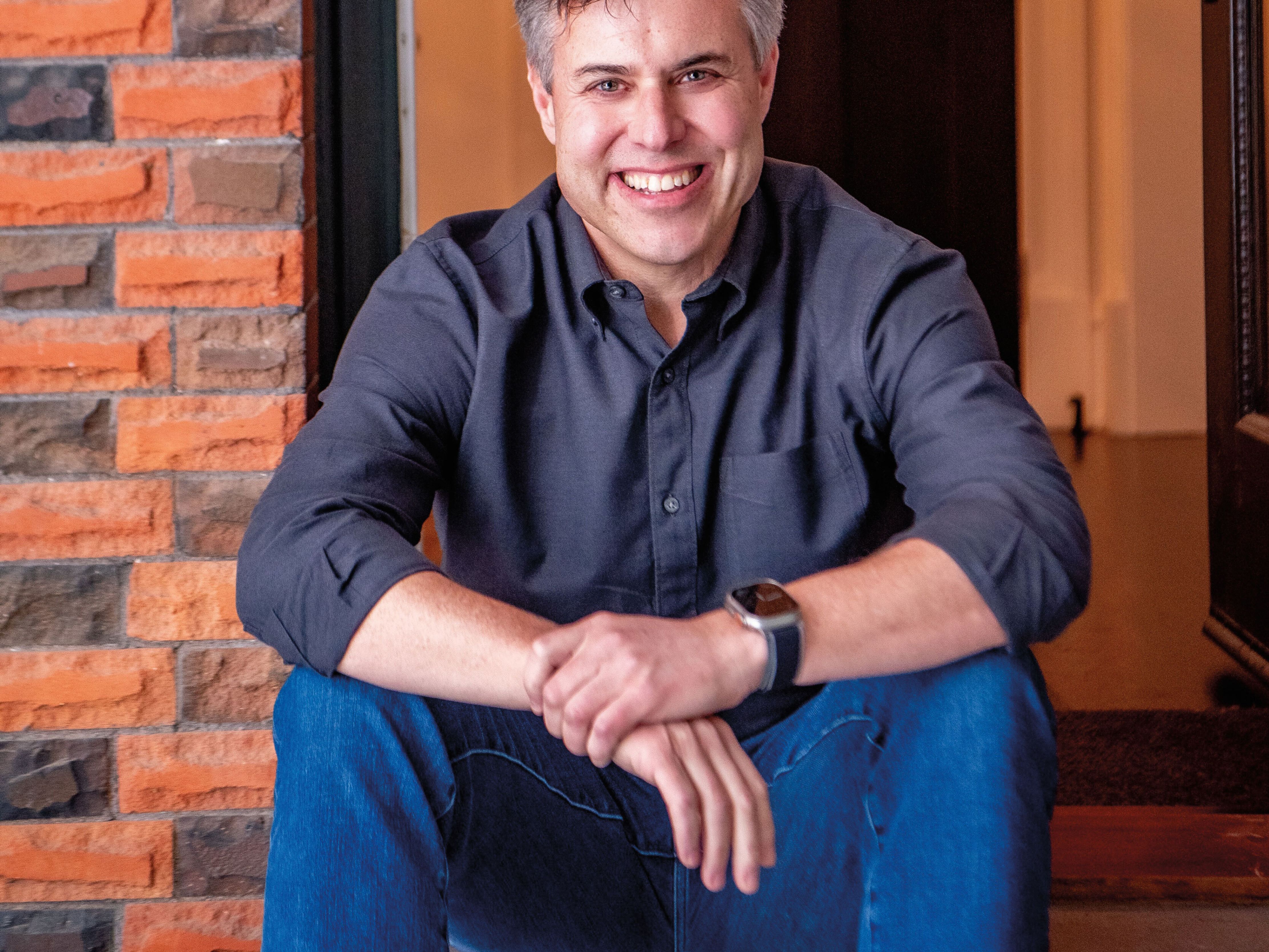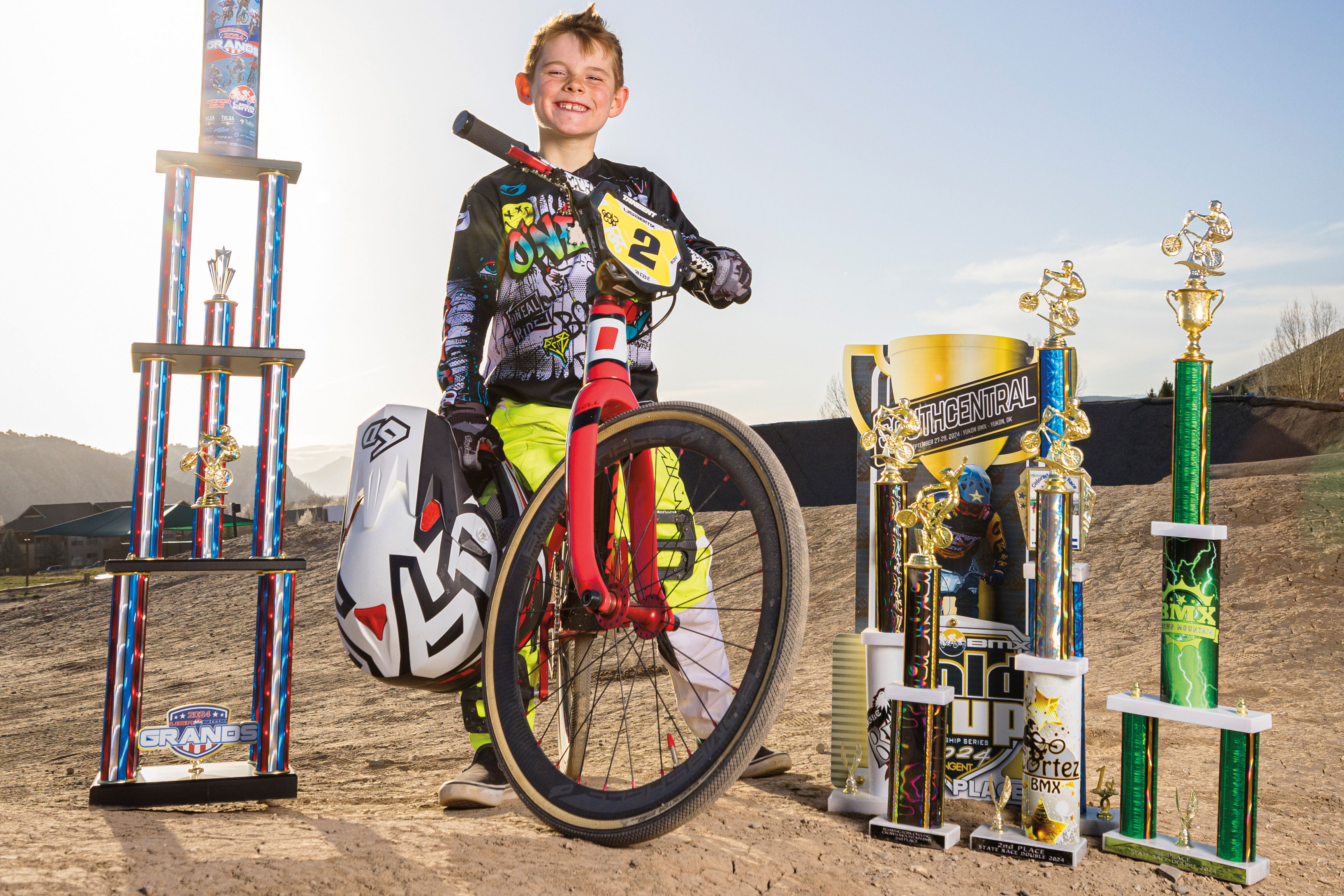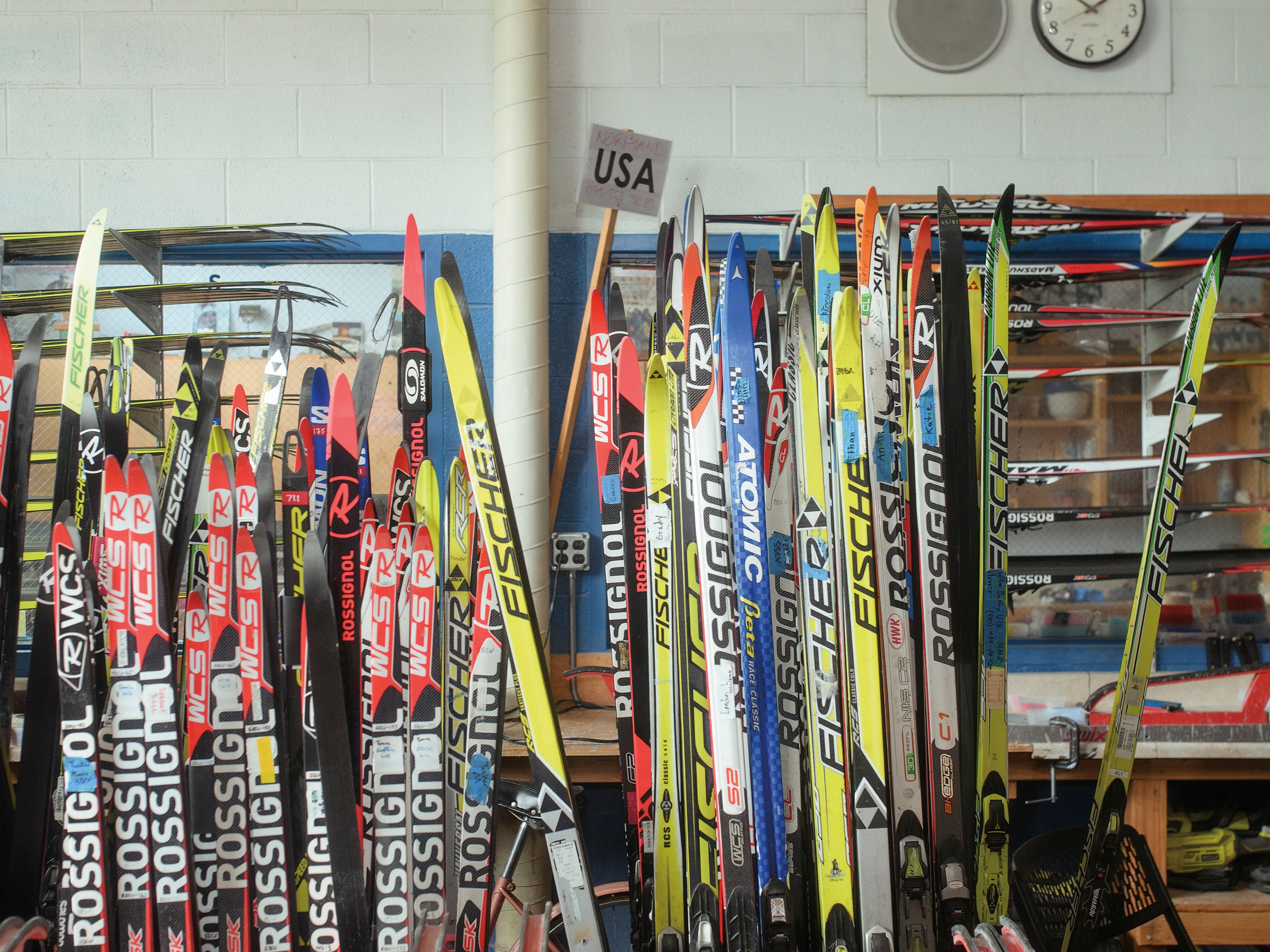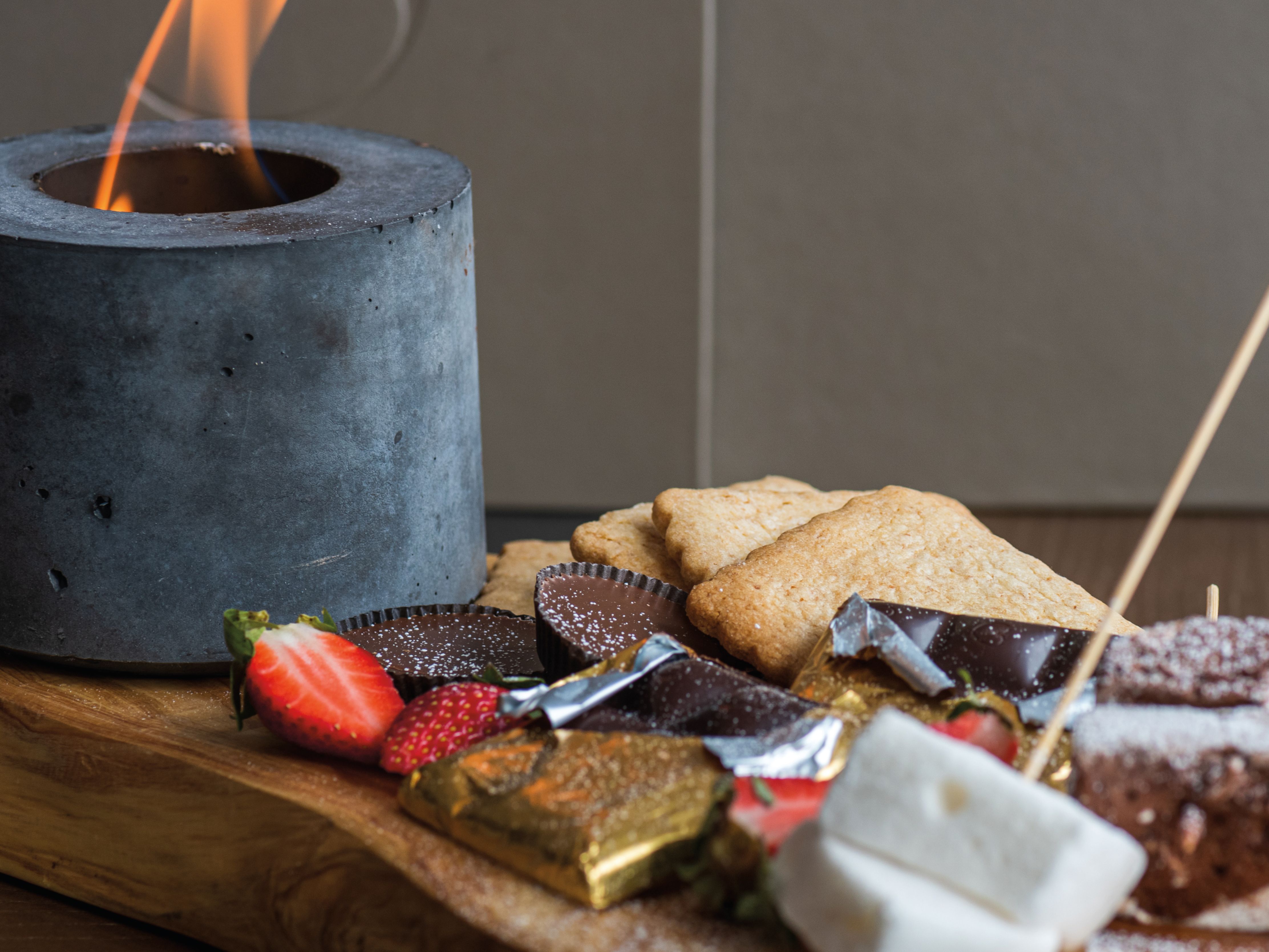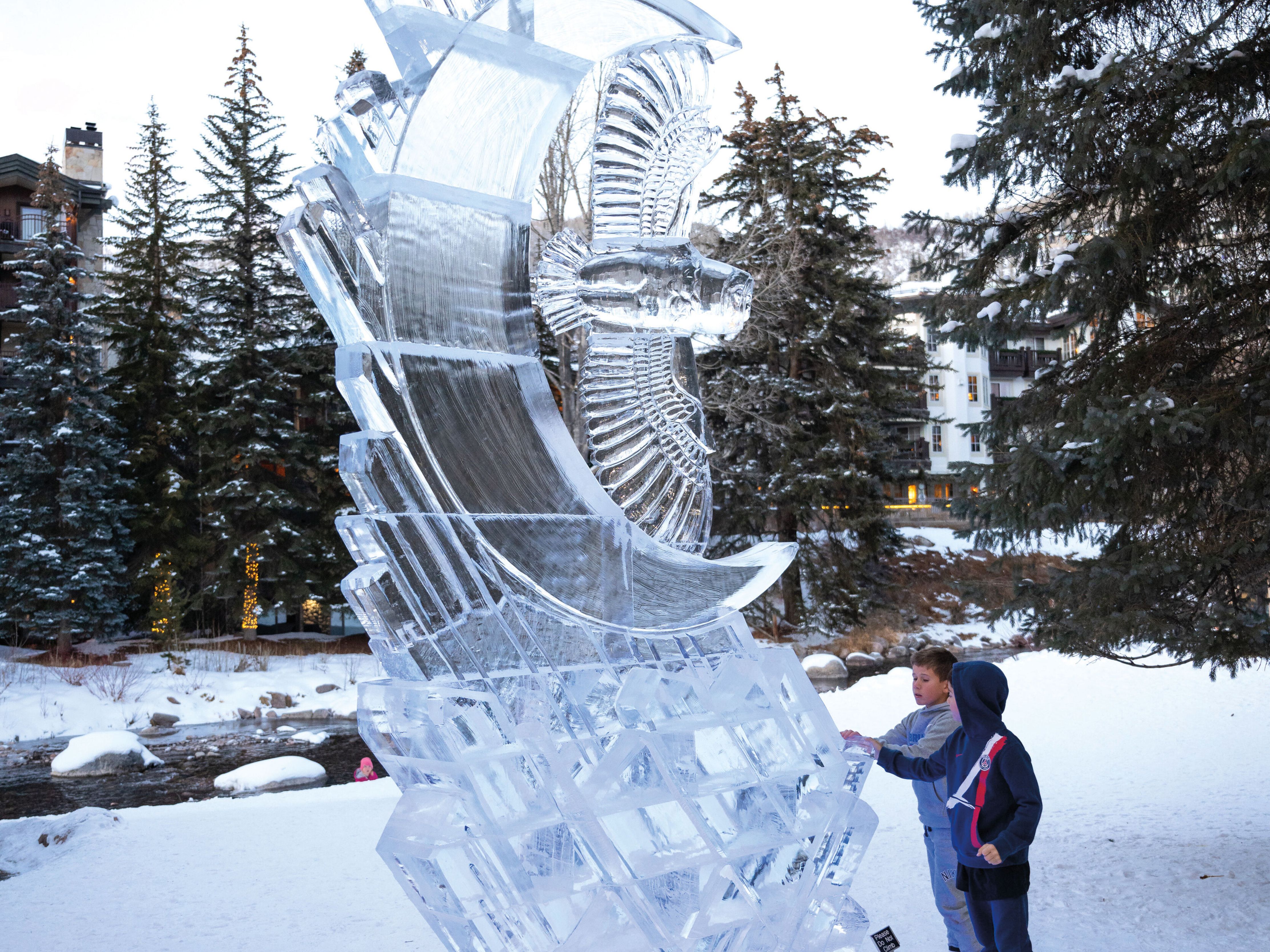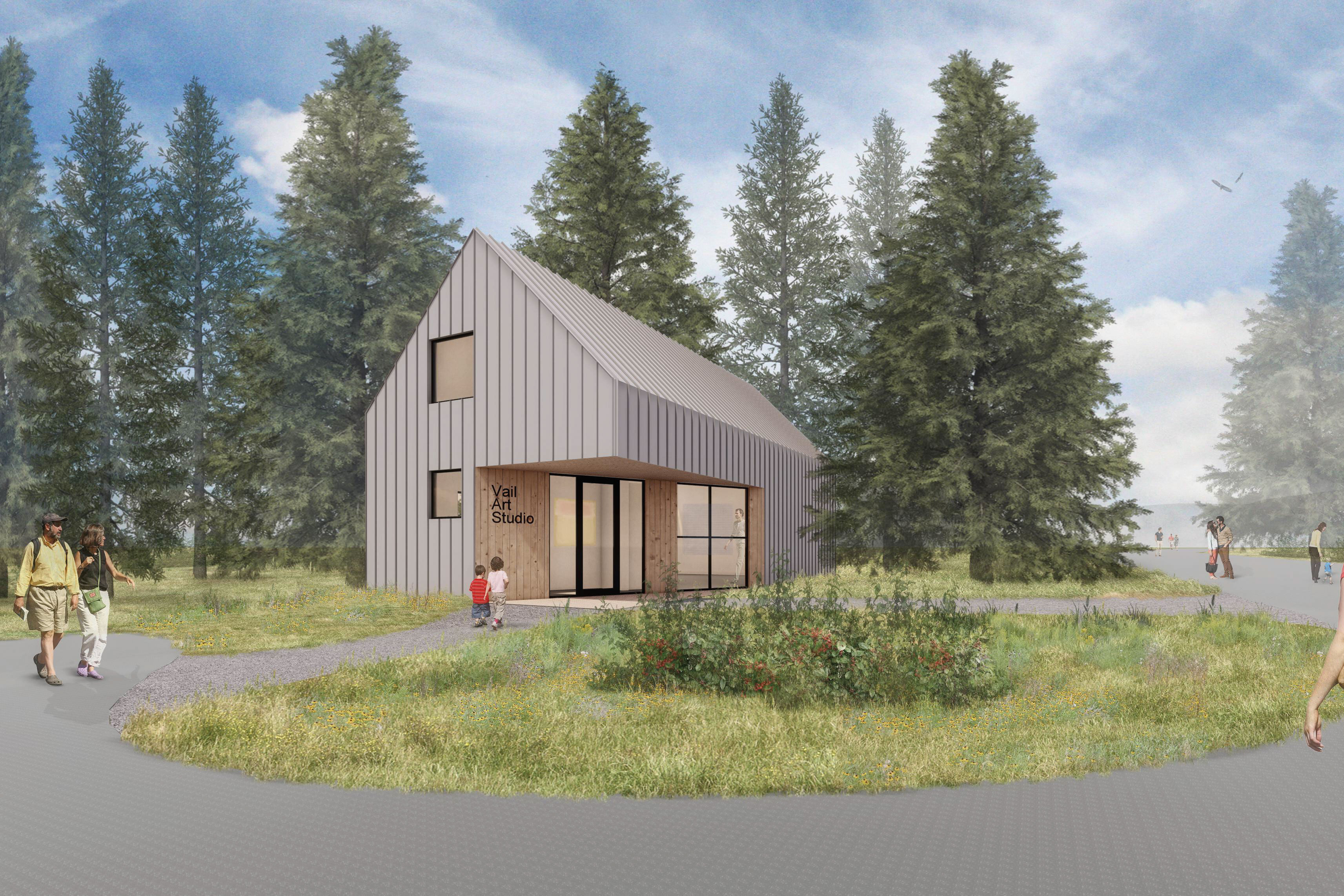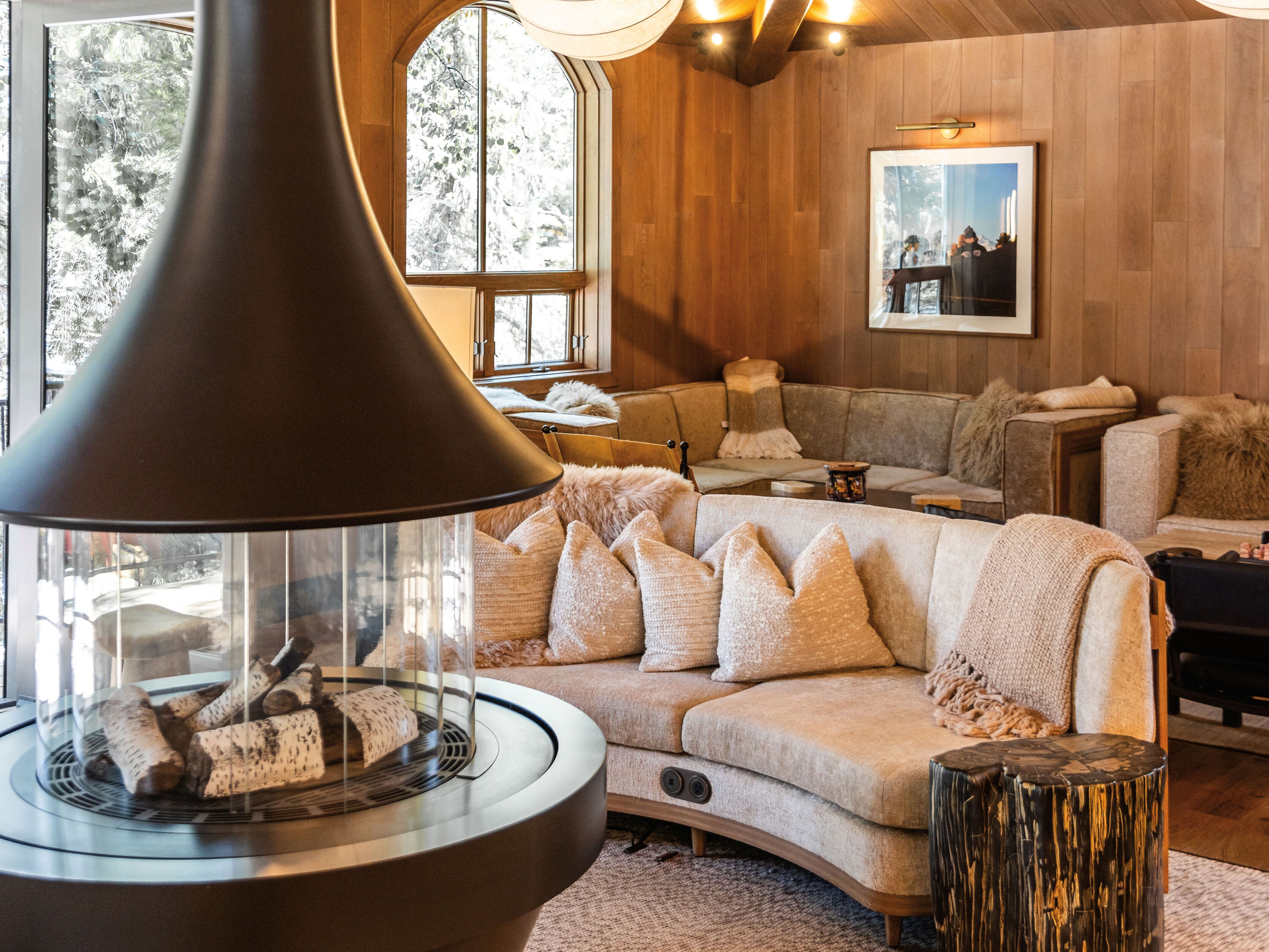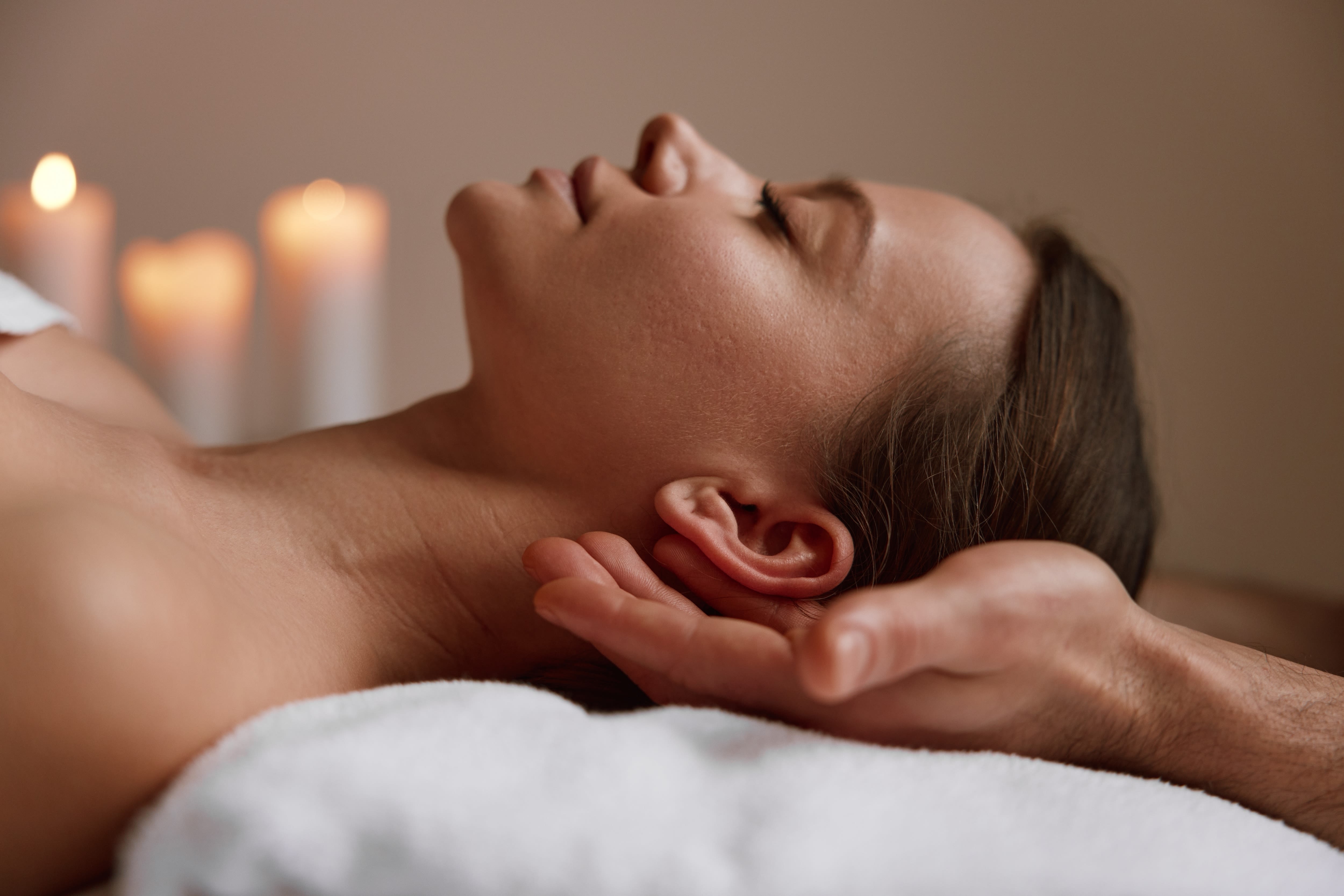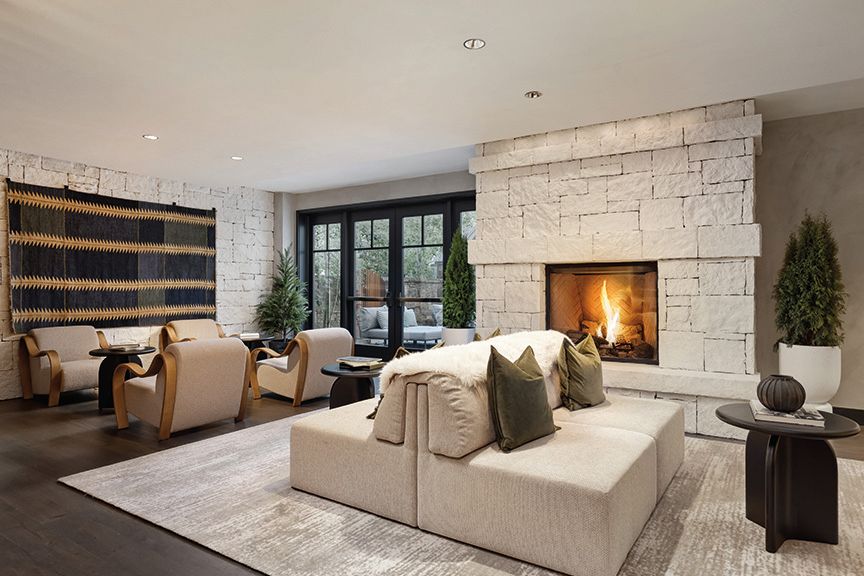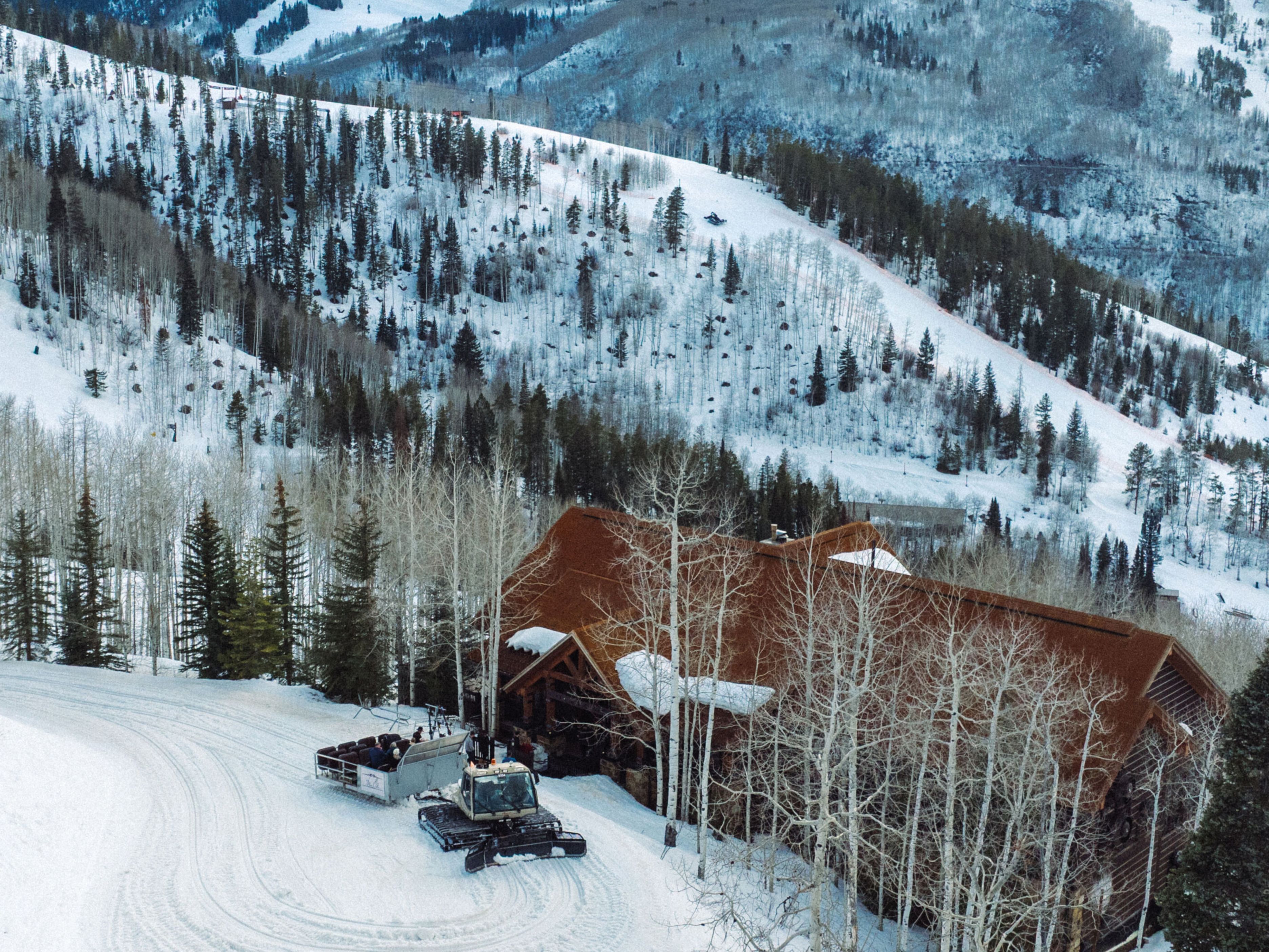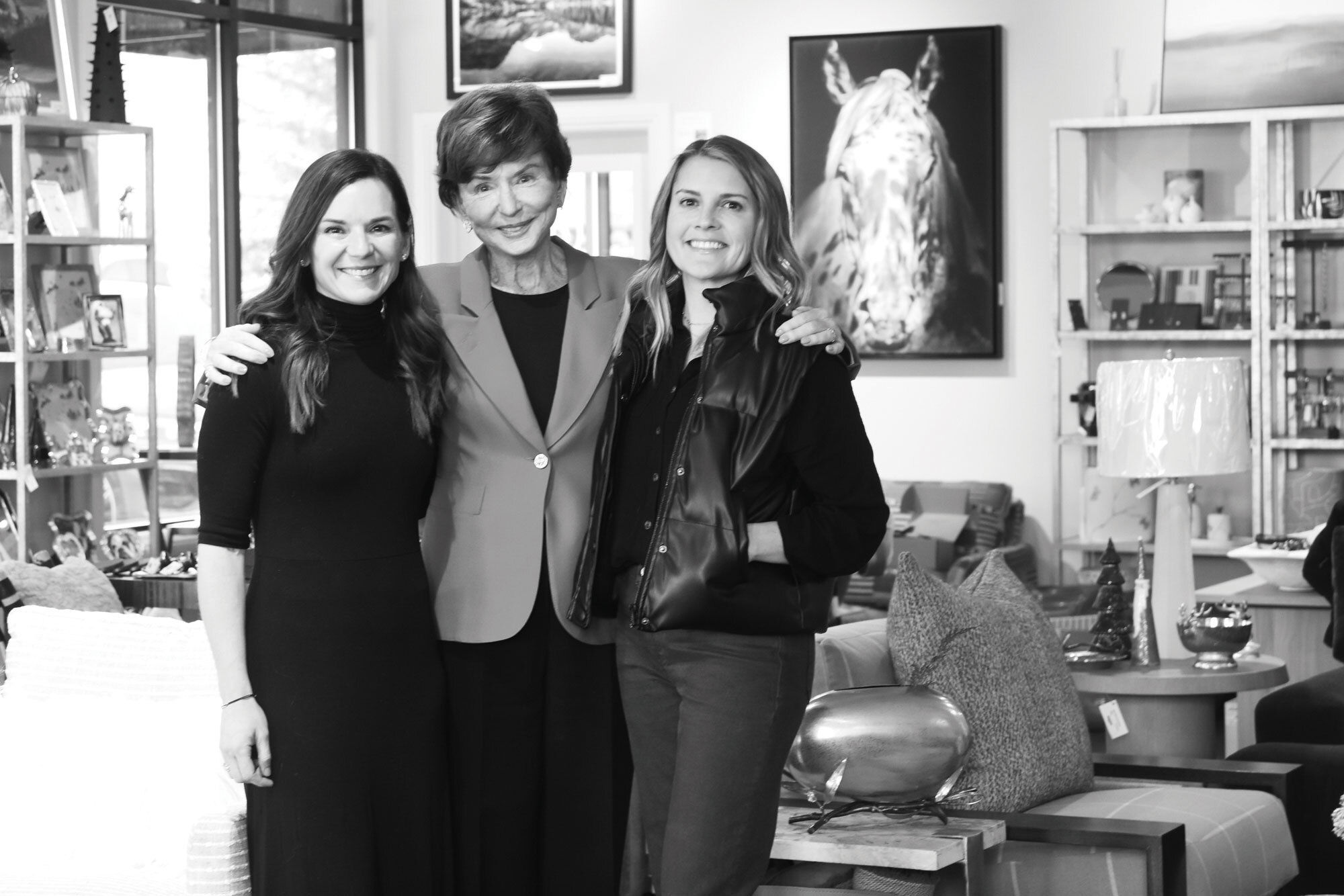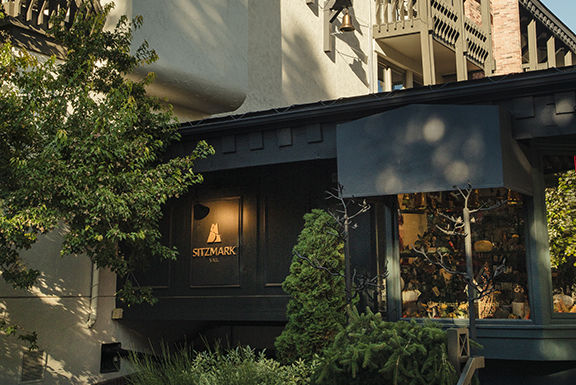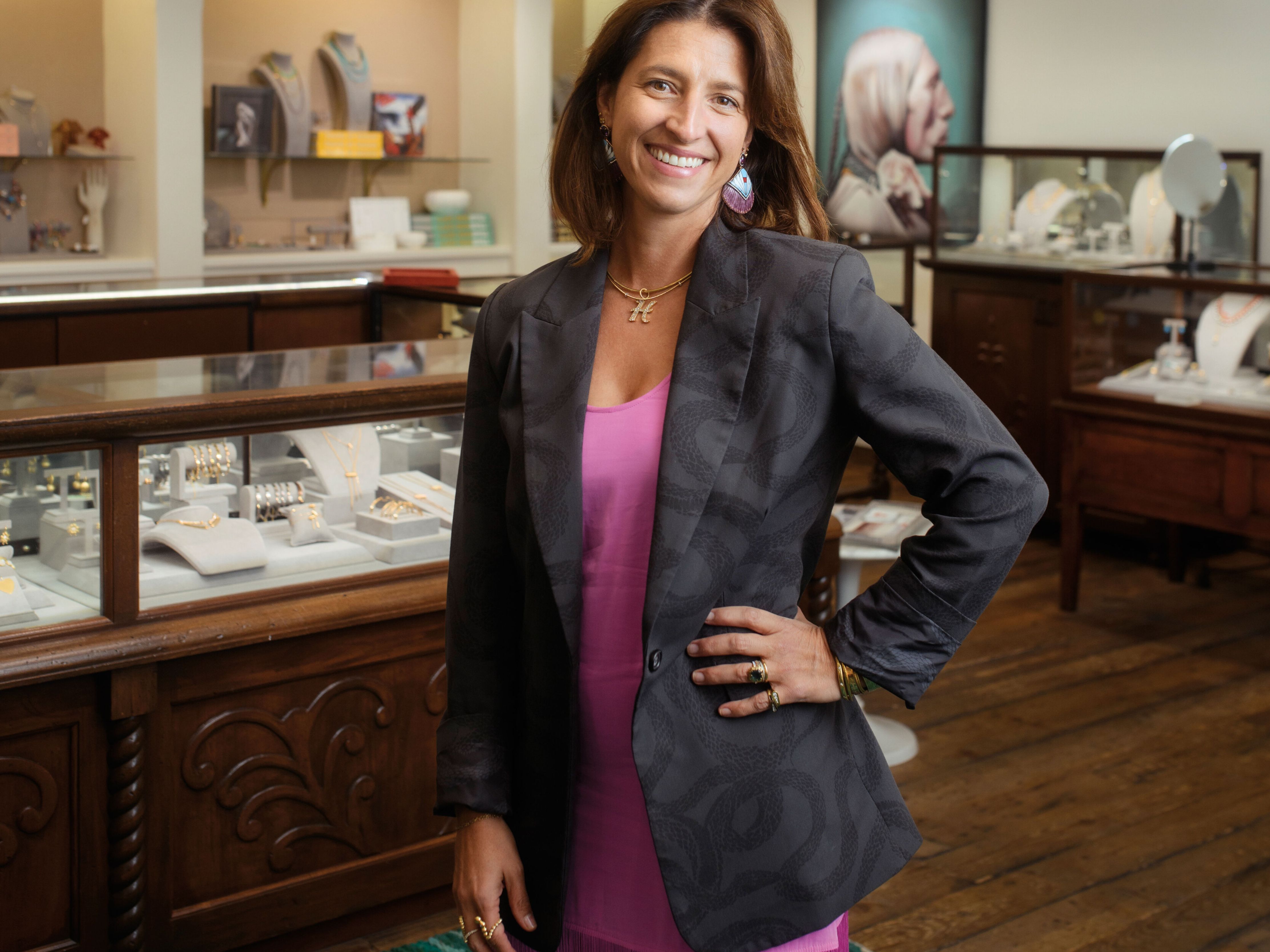A Healing Summer Camp for Kids
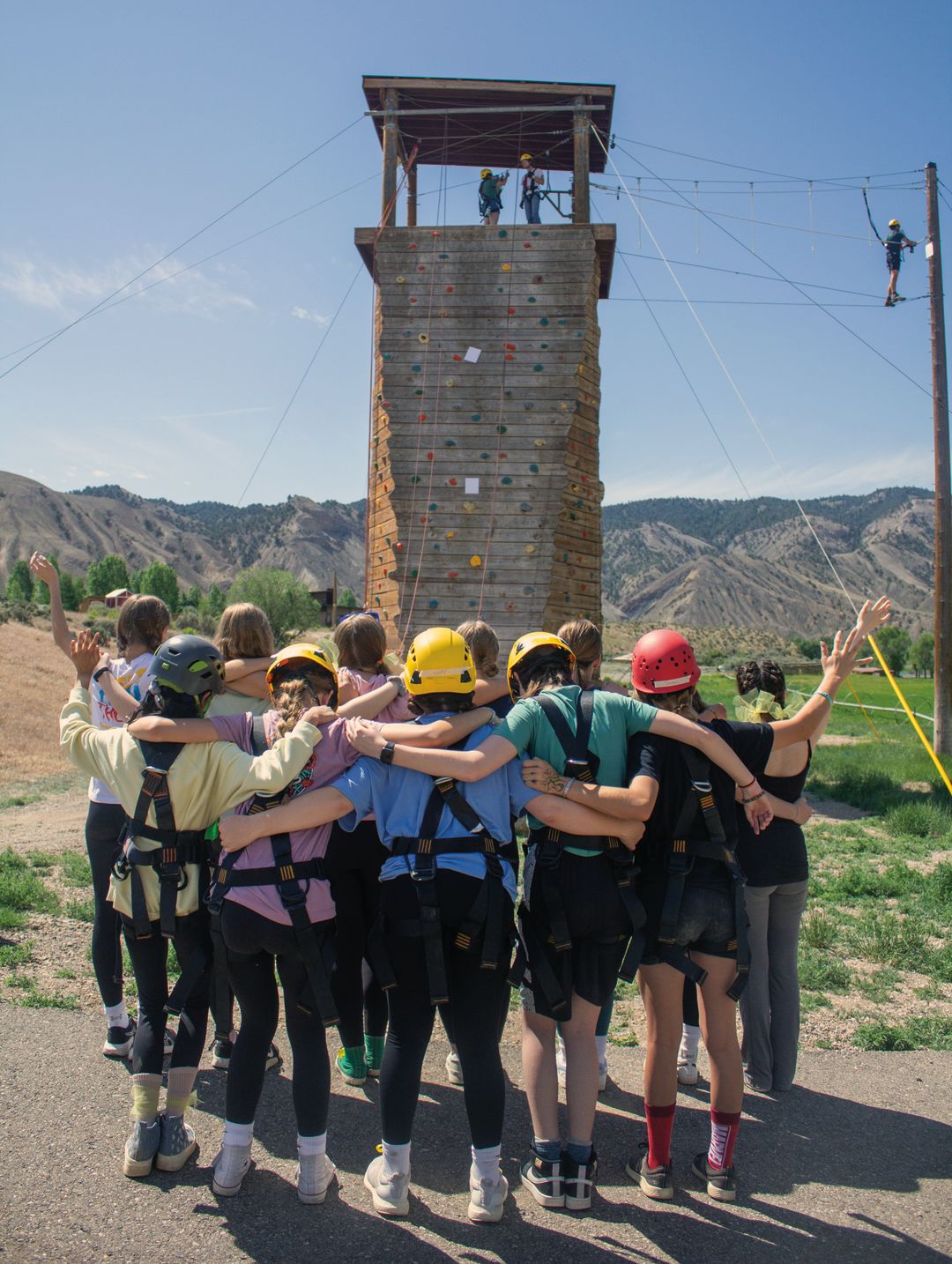
Since 2006, Roundup River Ranch’s summer camps—on 125 bucolic acres along the Colorado River near Gypsum—have helped scores of children with life-threatening illnesses forget about their diagnoses and just be kids. This summer, the nonprofit is expanding its no-cost program to include behavioral health and wellness camps for kids grappling with mental health issues.
“When campers come to us with primary diagnoses in the oncology realm, heart disease, kidney disease, they often have a secondary diagnosis of anxiety or depression. We know those campers have been coming to us since the beginning,” says Roundup River Ranch President and CEO Sarah Johnson. “What’s been different in the last couple of years is the growing awareness and concern about youth mental health in Colorado’s mountain communities. We’re living it every day. As an organization, we asked, what is our role? Can we be a part of this support network?”
Johnson’s aha moment came a couple of summers ago during a visit to a mental health summer camp that debuted at Flying Horse Farms in Ohio.
“At one point, I was walking through the camp with a psychiatrist who said, ‘Jeez. I’ve been treating this child for two years. I’ve never seen them come alive like this.’ It was a reminder of what we’re here for,” Johnson says. “This was an opportunity for kids who wouldn’t qualify for camp before. Vail Health has this vision where we treat mental and behavioral health with the same attention as physical health. The core question is: Are anxiety and depression life-altering diagnoses? Our answer is yes.”
Like all Roundup River Ranch programs, the camps are free of cost and open to children between the ages of 7 and 17. Families must apply and present the camper’s medical diagnosis, which could be adjustment disorder, panic disorder, major depressive disorder, substance abuse disorder, anxiety, and/or its many subcategories.
At camp, children share six cabins with beds for 12, each divided by age. Every day begins with a morning gathering, setting goals for the day and sometimes singing and dancing. Then campers head to breakfast, a “super intentional” nutritious meal served family style, before heading outside for activities that include horseback riding, a climbing wall, fishing, canoeing, and arts and crafts. It’s “everything you can think of for summer camp activities,” says Johnson, who believes the confidence-building and bonds of friendship formed at camp will be especially beneficial for children struggling with mental health.
“When I think of a camper with anxiety or depression and the social isolation that can come with that, that connection with peers is a core part of our mission,” she says. “I can’t tell you the number of times children tell you they met their first or their best friend at camp. These kids are different at school. That goes away here. It’s an opportunity to make friends and explore, find new challenges in a safe, structured environment.”
Want to Help?
Sponsor a camper, offer an in-kind donation to fulfill a kid’s wish list, pitch in with a service project, or apply to be an onsite camp session volunteer.
A First-of-Its-Kind Behavioral Health Clinic Opens in Edwards
Another new outlet for individuals struggling with mental health issues, the Precourt Healing Center, opened in Edwards this May. The 50,000-square-foot inpatient facility with 14 private rooms offers seven to nine hours of group, recreation, music, and art therapy each day; is staffed around the clock; and welcomes adults and adolescents in various levels of crises, all of whom must be referred.
“We’ve built a lot of different systems for clinical and intensive outpatient treatment to help support people struggling with behavioral health issues in Vail, but we were still missing that really core component: we have nowhere to take people if they are in an acute situation with either addiction or depression, suicidal ideation, or all of them combined,” says local philanthropist Amanda Precourt, who, with her late father donated $15 million to jump-start the $54 million project. “[The Precourt Center] will clinically support people who are in need, and specifically those who are in a very acute moment in their lives. … We’re trying to create a private, safe environment where people can just know that they’re OK.”

